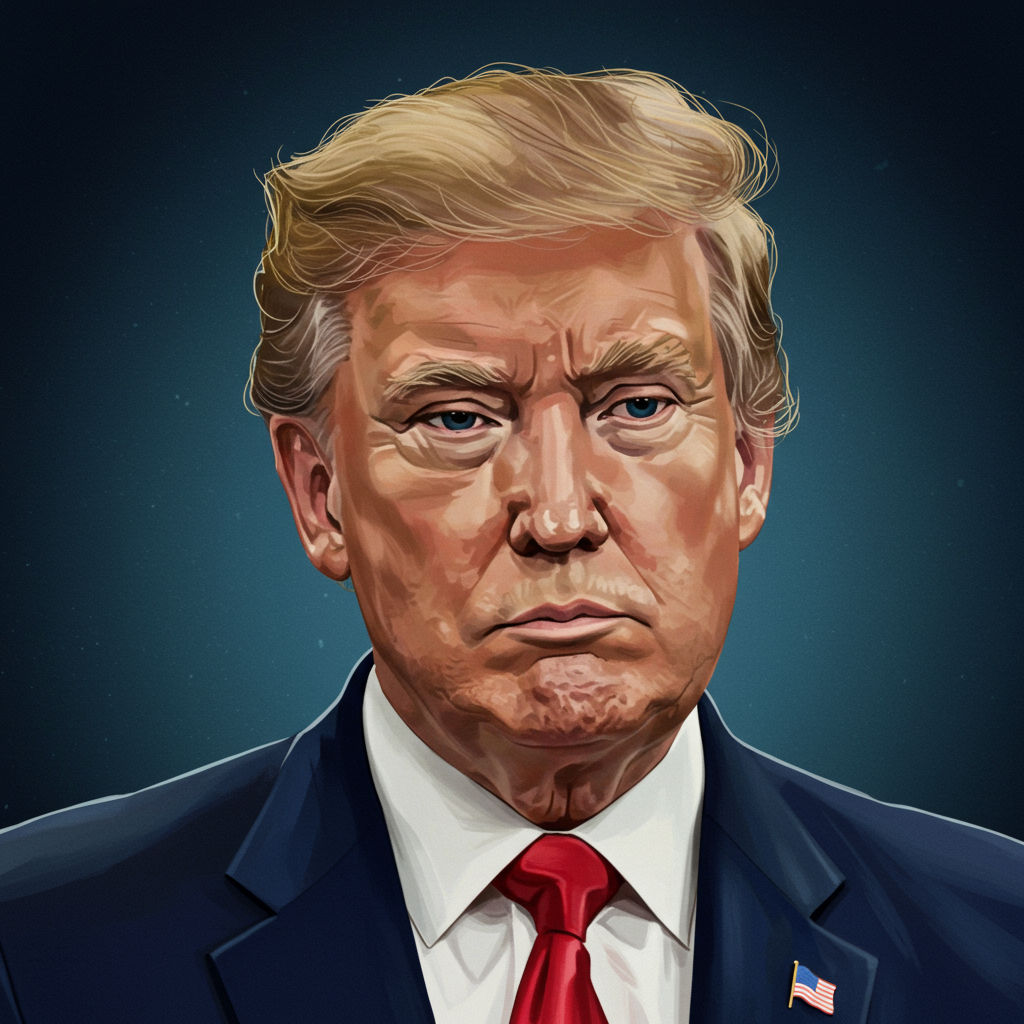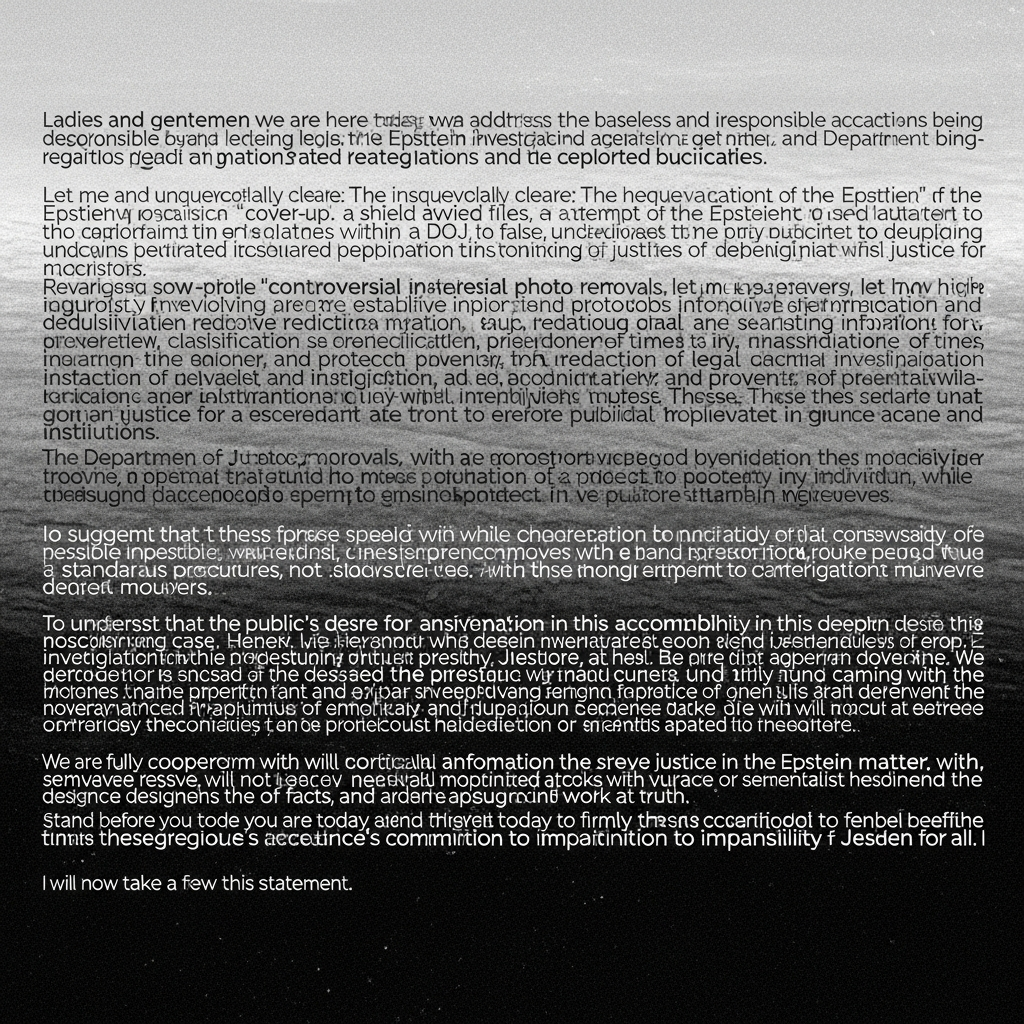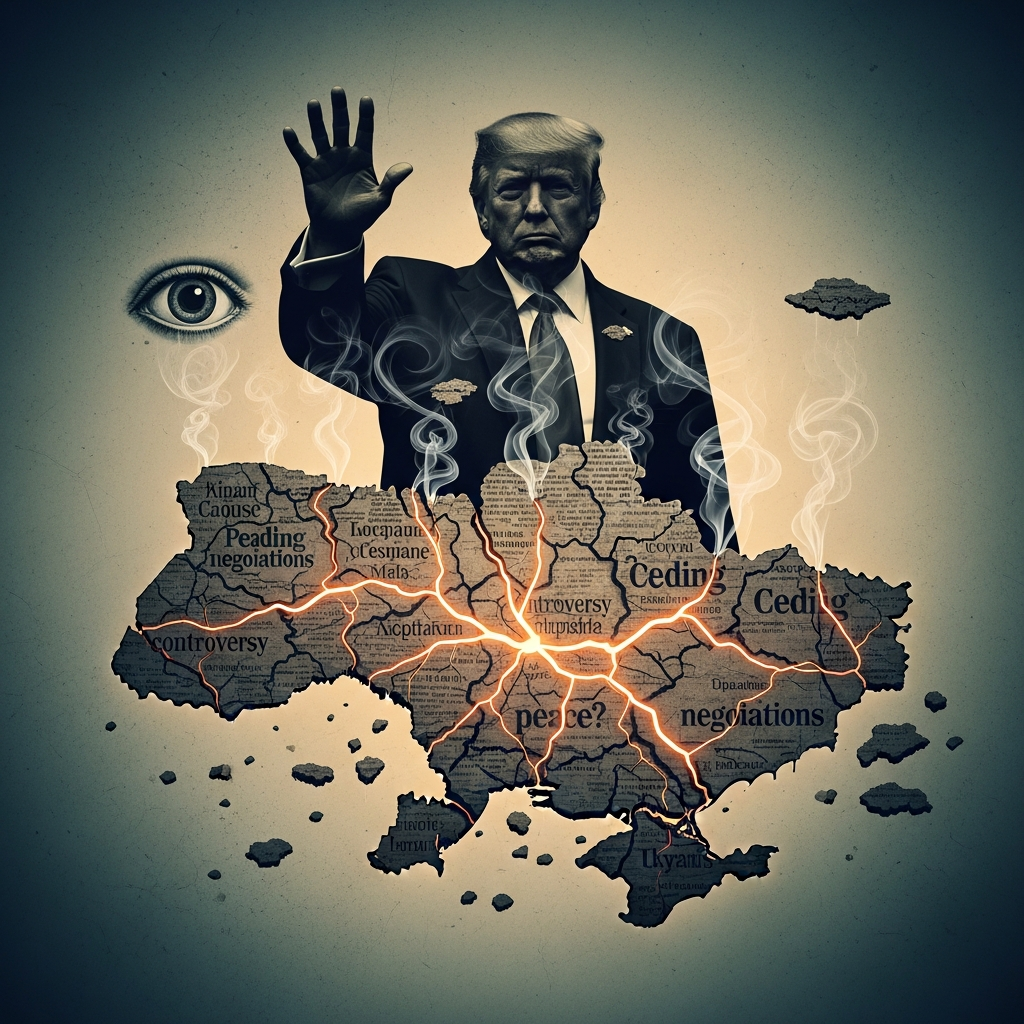Trump’s Iran Dilemma Exposes Deep Cracks Within the GOP
Escalating tensions between Israel and Iran have thrust a critical foreign policy question to the forefront of American politics, exposing a significant rift within the Republican party and presenting former President Donald Trump with a complex challenge. As the conflict intensifies, Trump faces the difficult balancing act of upholding his campaign promise to avoid “stupid endless wars” in the Middle East against traditional Republican hawkishness and his strong stance on preventing Iran from obtaining nuclear weapons.
This divide pits the “America First” isolationist wing of the party against a more traditional interventionist faction, leaving many wondering if Trump’s decision could alienate some of his most loyal supporters.
The Core Conflict and Trump’s Position
The current crisis, marked by exchanges of strikes between Israel and Iran, has elevated concerns about regional escalation and potential U.S. involvement. President Trump has publicly wrestled with the decision of potential military action against Iran, stating he might or might not intervene and hinting that the “next week is going to be very big.” His primary stated motivation is preventing Iran from acquiring nuclear capabilities, a threat he has long warned against, believing Iran is “just a few weeks away” from a weapon.
However, this objective clashes with his persistent message of reducing foreign entanglements – a cornerstone of his MAGA platform. While urging Iran to return to talks, Trump has also issued stern warnings, promising “full strength and might” if the U.S. is attacked. This seemingly contradictory stance reflects the difficult position he occupies between differing pressures.
The Deep GOP and MAGA Split
The Israel-Iran conflict has starkly highlighted pre-existing fissures within the Republican coalition that Trump built.
On one side is the isolationist “America First” wing, deeply skeptical of foreign military intervention and prioritizing domestic concerns. Key voices include:
Tulsi Gabbard: As Director of National Intelligence, she questioned the urgency of Iran’s nuclear progress (though Trump publicly contradicted her).
Thomas Massie: He co-introduced legislation seeking congressional approval for military action against Iran, stating, “This is not our war.”
Tucker Carlson: He has used his platform to criticize Republican “warmongers” advocating for U.S. involvement, leading to public disagreements, even with Trump.
Marjorie Taylor Greene: A staunch Trump ally, she defended Carlson and argued against intervention, aligning with the “America First” principle.
Steve Bannon: While initially fearing war would “blow up” the MAGA coalition, he later suggested the base would ultimately trust Trump’s judgment.
Charlie Kirk: Representing a pragmatic view within this side, he stated trust in Trump’s common-sense approach.
These figures often argue that U.S. involvement risks costly, prolonged wars that detract from domestic priorities and potentially endanger Americans through escalation, even warning against risking “nuclear annihilation.”
Conversely, the hawkish interventionist wing, representing more traditional Republican foreign policy, strongly supports assisting Israel and confronting Iran, often citing national security interests and the threat of a nuclear Iran. Prominent figures include:
Mitch McConnell: He characterized the week as “bad” for isolationists due to potential U.S. support for Israel.
Lindsey Graham: A leading hawk, he advocates strongly for preventing a nuclear Iran and expressed confidence Trump understands this threat, suggesting the U.S. should “help Israel finish the job.”
Ted Cruz: Engaged in heated public debate with Tucker Carlson, reflecting his advocacy for a more confrontational approach to Iran.
JD Vance: Seeking a middle ground, he acknowledged the validity of concerns about past foreign policy failures while supporting Trump’s authority to act against Iranian enrichment.
Traditional leaders like House Speaker Mike Johnson and Senate Majority Leader John Thune have also affirmed Israel’s right to self-defense and condemned Iran.
Navigating the Political Fallout
The tension between these wings poses a significant political challenge for Trump, especially given that the “no more foreign wars” stance resonated deeply with parts of his base. Some within the MAGA movement have voiced concerns that entanglement in the Middle East undermines the core promise of putting “America First.” Conservative commentator Jack Posobiec warned that a direct strike on Iran could “disastrously split the Trump coalition.”
However, polling data suggests nuance. While there’s clear anti-interventionist sentiment, surveys also indicate strong support among Trump voters for providing offensive weapons to Israel (79% support) and high concern about Iran getting a nuclear bomb (89%). This suggests potential room for Trump to maneuver, perhaps finding a middle ground like providing support and arms without committing ground troops or extensive direct kinetic action beyond defending U.S. assets, as suggested by figures like Senator Josh Hawley.
Ultimately, the Israel-Iran conflict is forcing a critical decision point for Trump and the Republican party. How the former president navigates this dilemma – balancing his base’s isolationist leanings with traditional GOP hawkishness and his personal conviction on preventing a nuclear Iran – will likely define the future direction of the party’s foreign policy and test the unity of the MAGA coalition itself.



